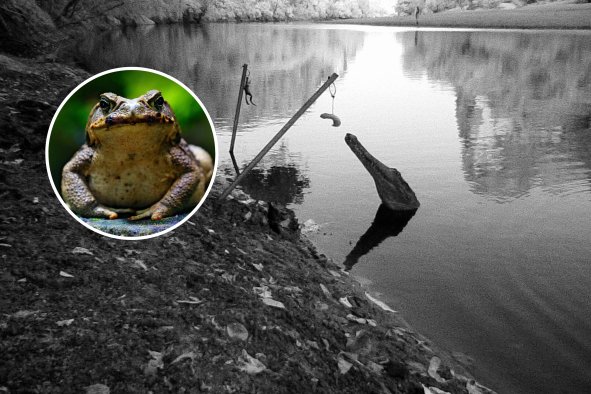Hacking and other breaches of cyber security could wreak havoc in the lead-up to this year's presidential election.
Former president and current Republican presidential nominee Donald Trump recently claimed that his campaign had been hacked, following Microsoft's announcing that a group of Iranian hackers had broken into the account of a presidential campaign "high ranking official" in June.
Additionally, Politico reported on Saturday that they had been "receiving emails from an anonymous account with documents from inside Trump's operation."
These events, while potentially unrelated and currently uncorroborated, may be portent of a general hacking problem in this coming election.
The hacks don't bode well for the coming months in the lead-up to the election, and point to foreign online influence on the electoral process becoming a major threat. These influences may have unexpectedly significant effects, Ryan Ellis, an assistant professor at Northeastern University who researches communication law and policy, infrastructure politics and cybersecurity, said in a statement.
"Collecting intelligence on foreign actors is as old as time. Collecting intelligence and selectively deploying it—we've seen a lot of that in this environment. Hack and leak campaigns are not new, but in a close election they can be very consequential," he said.
The Politico report describes the Trump campaign documents included "internal communications from a senior Trump campaign official," and a research dossier regarding JD Vance dated over five months before he was announced as Trump's running mate.
"These documents were obtained illegally from foreign sources hostile to the United States, intended to interfere with the 2024 election and sow chaos throughout our Democratic process," Trump campaign spokesperson Steven Cheung told Politico. "On Friday, a new report from Microsoft found that Iranian hackers broke into the account of a 'high ranking official' on the U.S. presidential campaign in June 2024, which coincides with the close timing of President Trump's selection of a vice presidential nominee."
However, the Microsoft announcement, released on Thursday, made no mention of which campaign had been hacked, nor the details of anything uncovered. While the Trump campaign has said that they were hacked, Microsoft has not yet confirmed that this is the same hack.
In their report, they describe the hacking attacks by an Iranian group "connected with the Islamic Revolutionary Guard Corps, or IRGC" as a "spear phishing email in June to a high-ranking official on a presidential campaign from the compromised email account of a former senior advisor."
"The email contained a link that would direct traffic through a domain controlled by the group before routing to the website of the provided link. Within days of this activity, the same group unsuccessfully attempted to log into an account belonging to a former presidential candidate. We've since notified those targeted," Microsoft said in a statement.
Additionally, Microsoft revealed that a county-level government employee in a swing state had their account compromised by another Iranian group, and several other Iranian groups had goals of "inciting chaos, undermining authorities, and sowing doubt about election integrity."
Iran's mission to the United Nations has denied a hack on any campaign.
"We do not accord any credence to such reports," the mission told The Associated Press. "The Iranian government neither possesses nor harbors any intent or motive to interfere in the United States presidential election."
Ellis describes in the Northwestern statement that the spear phishing attack is "basically exactly what happened in the [Hillary] Clinton campaign in 2016."
"We've invested a lot and learned a lot about election security over the last three elections, and I'm hopeful that the lessons learned and the practices we've developed would be put to good use," Ellis said.
Do you have a tip on a science story that Newsweek should be covering? Do you have a question about hacking? Let us know via science@newsweek.com.
Disclaimer: The copyright of this article belongs to the original author. Reposting this article is solely for the purpose of information dissemination and does not constitute any investment advice. If there is any infringement, please contact us immediately. We will make corrections or deletions as necessary. Thank you.



